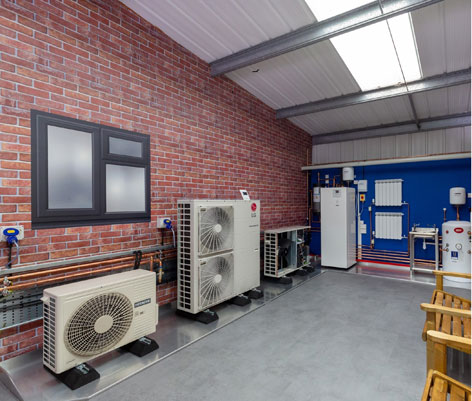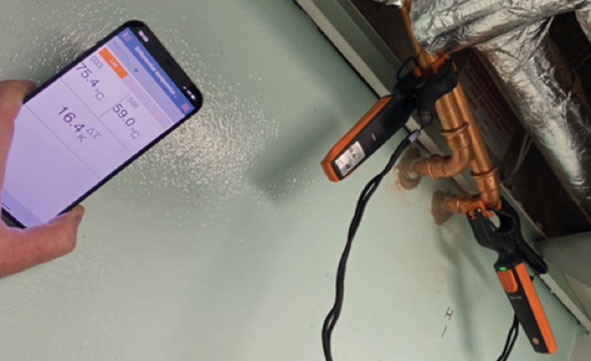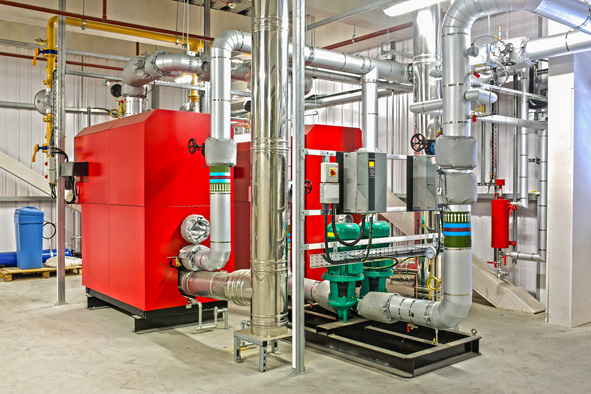PAVATEX: addressing overheating in UK homes
Compared to pre-industrial times, average land temperatures have risen about 1.2 °C. By 2052, global temperatures will likely exceed pre-industrial levels by 1.5 °C. The Met Office is warning that heat waves will become more frequent and more intense, predicting prolonged heat waves every other year from 2050 onwards, with temperatures exceeding 40 °C. How will the UK housing stock fare in all this? Not well, as two major 2021 studies have shown.
- Read more about PAVATEX: addressing overheating in UK homes
- Log in to post comments



















